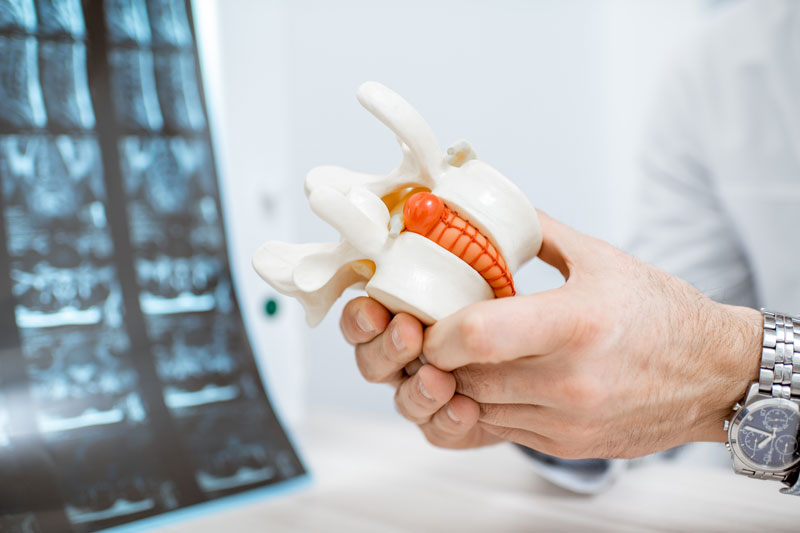What are Opioids?
Opioids, being the most commonly prescribed class of medication in the United States, are most often used for the short-term relief of pain. They act on specific opiate receptors in the brain to induce opium or morphine-like effects to temporarily dull pain. Opioids are generally prescribed to patients experiencing moderate to severe pain that affects their quality of life, lasts for several weeks, or has not been responsive to other pain relievers.
Opioid therapy definitely has benefits for severe, sudden onset pain and pain associated with cancer. There are also benefits for chronic pain from short-term opioid use, but not for long-term use.
Why are Opioids used in pain management?
Opioids are best used for short-term acute pain treatments, for surgical pain, or for terminal cancer pain. For patients experiencing acute pain, opioid prescription should be overseen by a trained pain specialist. There are many chronic pain patients with severe, intractable pain who currently use opioids, too. For acute pain or painful surgical procedures, opioids allow the body time to recover and heal.
All patients should talk with their doctor about a plan to reduce usage, along with other therapies. For times when severe pain makes life unbearable, opioids may allow patients to get the short-term relief they need while undergoing other therapies. Interventional procedures, physical therapy, and chiropractic care can take time to produce results.
Even patients with intractable cancer pain should be monitored by a pain specialist and incorporate other therapies to reduce pain. Dosages should be as low as possible for pain relief, and other treatments should be explored before turning to opioids.
How are Opioids managed?
Opioid misuse makes management of chronic pain difficult, and abuse of these medications among chronic pain patients is a growing public health crisis. Research indicates that opioids are not effective in managing long-term, chronic pain.
At the start of therapy, doctors will often ask the patient to comply with a monitoring program and sign an opioid contract. This is to reduce the risk of abuse and dependence and help ensure that patients are well-informed as to the benefits and risks of opioid therapy and that they adhere to the treatment program.
The agreement will include:
- Opioid patient information
- Treatment goals and expectations
- Taking medication as directed
- Single pharmacy to fill prescriptions
- Single physician for prescriptions
- Random urine screenings
The key to safe use of opioids is to take them only for appropriate types of pain, preferably on a limited basis, and working closely with your doctor for the duration of your treatment.
Possible side effects of opioids include:
- Drowsiness
- Nausea
- Vomiting
- Cramping
- Constipation
- Itching
- Breathing difficulty
- Hallucinations
A number of these side effects can disappear with time or be managed with dosage adjustments and additional medications as necessary.
The major risks of opioids are the possibility of dependence and addiction, even when taken for a short time, due to the way opioids act on the brain. It can happen to anyone, but older adults and those with a family history of addiction are most at risk of dependence.
There are increased restrictions on opioid prescribing that are designed to minimize their use and possibility for dependence. can cause considerable alarm for patients struggling with end-stage cancer pain.
Our Opioid therapy statement and compliance checklist
At Advanced Pain & Spine Management, we believe opioid therapy can be part of a treatment plan for some forms of pain. We always follow DEA rules and prescribing guidelines to keep our patients safe. Our goal is to design individual, comprehensive pain management strategies that are as minimally-invasive as possible and reduce our patients’ use of opioids.
Our opioid management tool outlines a 12-step checklist designed to monitor and protect those patients for whom opioid therapy is appropriate. Opioid therapy can be a short-term solution for moderate to severe pain, but we believe in conservative treatments and diligent monitoring during this treatment. We always work to uncover complementary pain treatments, targeting the source of your pain, and not relying solely on opioids.













